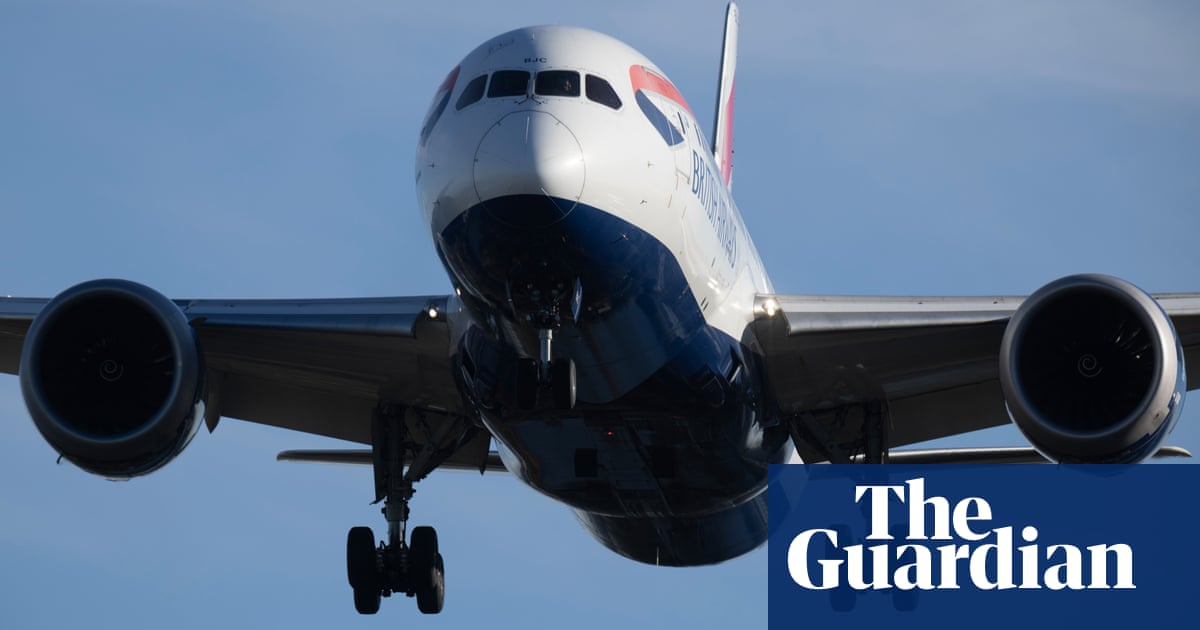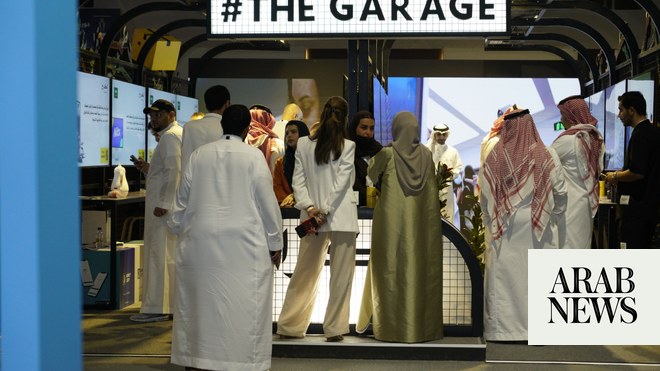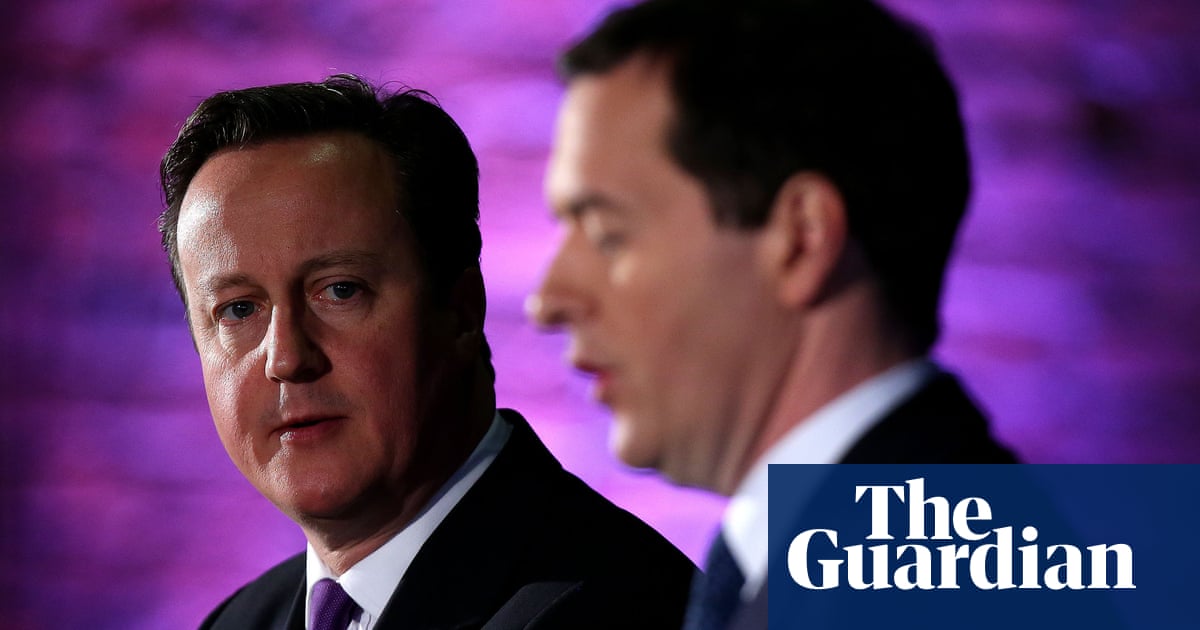
A UK government agency has financially supported the high-carbon aviation industry with billions of pounds since the Paris climate agreement was adopted, it can be revealed.
The effective subsidy for new airports, aircraft and maintenance comes despite the agency believing the oil-dependent sector is unlikely to begin cutting emissions “materially” before the next decade.
UK Export Finance (UKEF), which offers a range of loans, insurance and guarantees to help British companies secure business abroad, ended support for fossil fuel projects two years ago. This key pledge, made by the UK, which hosted the Cop26 climate talks, won praise from green groups.
But more than half of the support it has provided since the landmark Paris climate accord was agreed at the end of 2015 has gone to aviation, with Rolls-Royce, Airbus, Boeing and British Airways (BA) taking the lion’s share, according to analysis by DeSmog and the Guardian.
Just one of the 62 deals, listed in annual reports, appears to have come with any climate-related conditions attached.
The scale of the agency’s exposure to the aviation sector underscores how headline-grabbing pledges to end support for new oil and gas projects are only a partial step towards aligning government policy with net zero targets.
Wera Hobhouse, the Liberal Democrats’ climate spokesperson, said: “Getting to net zero needs to be at the heart of any policy decision. We are wasting time we do not have by ignoring this reality and it is having a real, damaging effect on the planet.
“The government, by not putting conditions on to contracts that would force high-emitting sectors to decarbonise, are ignoring actions that would help us avoid the grim prospect of missing our climate targets.”
Sam Pickard, a research associate at the international development thinktank ODI, called the findings “frustrating”.
He said: “UKEF could play an important role in decarbonising UK exports and facilitating a rapid transition to net zero, but its continued support for the expansion of the aviation industry today is instead locking us all into more carbon emissions for decades to come.
“Even UKEF know there is no prospect of widespread carbon-neutral flying any time soon, so this is simply driving up oil consumption and carbon emissions in a sector that has continually dodged its climate obligations.”
A spokesperson for UKEF said: “UKEF supports British businesses, such as the aerospace sector, to export and grow the economy. During the pandemic, UKEF supported the aviation industry with £7.4bn to safeguard the industry and jobs.
“UKEF is working with aerospace customers to help decarbonise the sector. This year we are setting a decarbonisation target for our aviation exposures to help deliver our pledge to net zero transition by 2050. The government has made its commitment to tackling climate change clear. UKEF has provided over £7bn of support for green and sustainable projects since 2019 and continues to put an even greater emphasis on supporting future clean growth exports.”
Analysis of annual reports shows UKEF has increased its support for climate-friendly projects since 2020, including a solar farm in Turkey, monorail lines in Egypt, and a loan guarantee to aid the car manufacturer Jaguar Land Rover’s transition to electric vehicles.
But overall, only 16% of UKEF’s finance since the Paris agreement can be classed as explicitly green, with just 4% going to renewable energy.
And although the agency’s latest report does not list any new fossil fuel projects, in line with the government’s pledge, this policy has itself been put in doubt by the news in February that UKEF is backing a petrochemicals plant set to be built in Belgium.
The project, which developer Ineos says will be the “greenest” in Europe, will be fed with fracked shale gas from the US and is the subject of a legal challenge by environmental groups.
Spain and Italy’s export credit agencies, which signed on to a UK-brokered Cop26 commitment to end public finance for “unabated fossil fuel energy” by the end of last year, are also backing the project.
In the seven years since 2016 £18.5bn of UKEF’s nearly £36bn in listed financing has gone to the aerospace sector.
Of this, 46% has gone to civil aviation, with BA accounting for £3bn, Airbus £2bn, Boeing £1.7bn and Rolls-Royce £1.3bn.
Most of this has been for deals supplying aircraft and engines to passenger airlines in countries including South Korea, Turkey, the United Arab Emirates, Ethiopia, Ireland and Israel.
Military deals with Qatar, Indonesia and Oman make up 36% of the total, with most of these involving BAE Systems. The largest was a £2.3bn loan to the Qatari government for the purchase of jets from the weapons manufacturer in 2018-19. Scientists have previously warned of a blind spot over military-related emissions, including a “loophole” on reporting them in the Paris agreement.
The remaining 18% went to Rolls-Royce, which manufactures civil and military aircraft parts, in unspecified support during the Covid-19 pandemic.
The industry body the British Aviation Group states on its website that it works “extremely closely” with the Department for International Trade, within which UKEF sat until recently, when the department was merged with the Department for Business, becoming the Department for Business and Trade. BAG also provides information and support to its members on how to access finance from UKEF.
UKEF’s backing for the aviation industry surged during the first two years of the pandemic as flights were grounded, with more than £8bn of finance provided in 2020-21.
More than £6bn worth of support was provided in the form of “export development guarantees”, with the government taking on liability for commercial loans, to Rolls-Royce and the airlines BA and easyJet in 2020-21, and a further £1bn to BA last year.
Campaigners questioned the use of export finance to prop up BA’s domestic business.
Cait Hewitt, the policy director at the Aviation Environment Federation, a nonprofit group, said: “There are so many questions to ask here. What aspect of BA’s operations qualifies as an export in need of government financial support? Why is the airline not able to get this from the private sector?
“And how, meanwhile, does bailing out airlines square with UKEF’s commitment to support decarbonisation? Aircraft are powered almost 100% by fossil fuels. Airlines already benefit from paying no duty on their fuel, and most of the emissions from flying attract no carbon costs.”
Campaigners had urged the government to make its bailouts conditional upon airlines adopting decarbonisation plans, but were disappointed by the lack of new targets. Only the more recent £1bn loan guarantee to BA came with a “sustainability-related performance clause” designed to push the company in a greener direction.
A UKEF spokesperson defended the support as necessary to help the industry weather the pandemic but did not clarify how this clause would require BA to go beyond its existing commitments, which include targeting net zero emissions by 2050.
Many economists at the time warned that unconditional airline bailouts would have the lowest economic payoff and highest climate impact among the various stimulus policies being considered.
UKEF support for aviation has continued, including an £89m deal with the Brazilian manufacturer Embraer celebrated by the UK government in October.
Current efforts to tackle growing aviation emissions, domestically and by the UN’s International Civil Aviation Organisation, have been criticised as inadequate for relying on voluntary pledges by the industry and disputed carbon offsets.
Growth in demand has so far outstripped efficiency improvements and the sector contributes an estimated 3.5% of global emissions when warming effects at altitude are taken into account.
A recent report by the Royal Society estimated the vast resources that would be needed to replace jet fuel based on current demand. Hydrogen would require double the amount of renewable energy currently being produced in the UK, while “e-fuels” would need five times as much. Up to 68% of UK farmland would be needed to produce enough crop-based biofuels.
A report last year found the aviation industry had missed all but one of the climate targets it had set itself since 2000.
The British Aviation Group did not respond to requests for comment.











